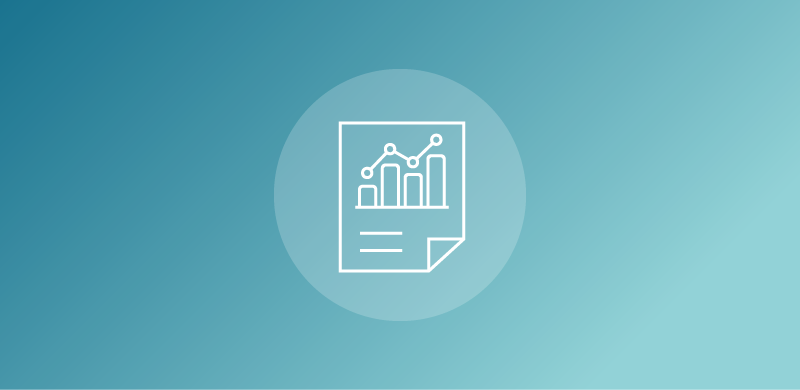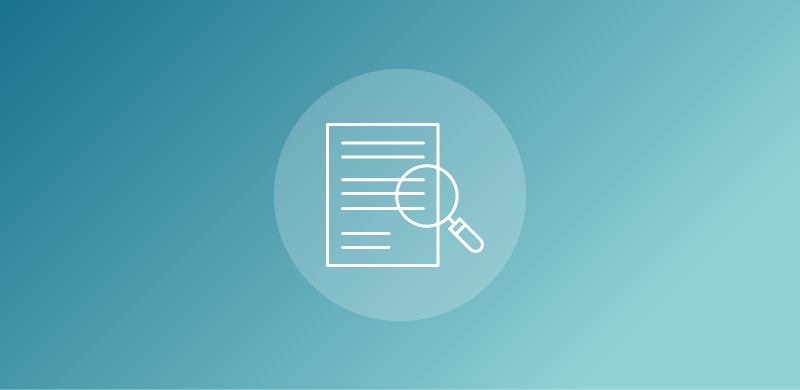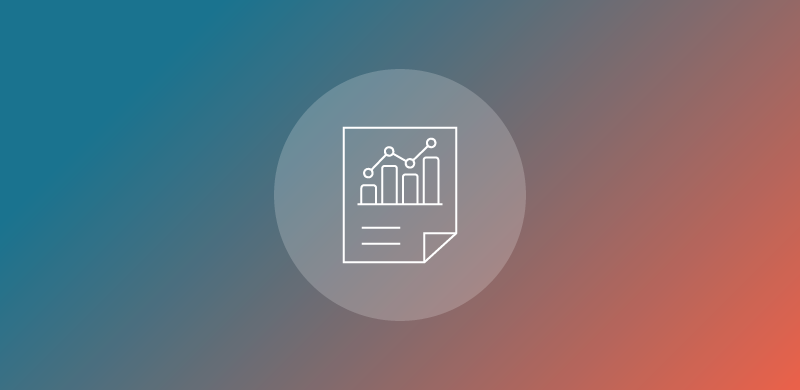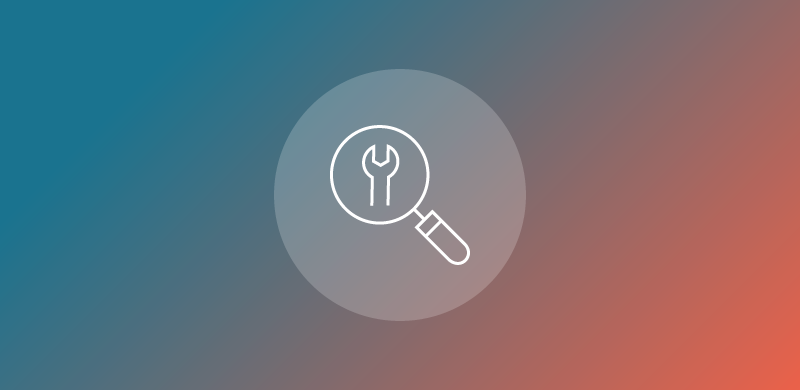Moderator:
- Alexander Thamm, Founder and CEO | Alexander Thamm GmbH
Speakers:
- Dr. Thomas Thiele, Chief Expert AI & Programm Manager House of AI | Deutsche Bahn
- Fahd Lemhaider, Business Intelligence Manager | MILES Mobility
- Marcel Kling, Senior Director & Head of Digital Sales | Lufthansa Cargo
- Dr. Mohsen Sefati, Head of AI Architecture an AI Capabilities | CARIAD – A Volkswagen Group Company
- Dr. Alexander Borek, Head of Data Analytics | Zalando SE
In the round of introductions, Fahd Lemhaider said that his company MILES Mobility has only become so successful in Germany because it is based on data. “We have many use cases, for example: where do we put the car for the customer? (…) We are in the business since 2017 so we have quite an amount of data. (…) The goal is to give the right service to the right customer.”
What role will sustainability play in the mobility of the future?
Dr. Thomas Thiele from Deutsche Bahn emphasizes that they are the most traditional in this panel. He mentioned that Deutsche Bahn wants to make itself strong in sustainable travel and sees opportunities here with the help of data. For this, they have launched a project “House of AI”. One example in this project is an early warning system, where the customer is warned in case of delays.
On the Lufthansa side, Marcel Kling honestly admitted that Lufthansa Group was hit hard by the Corona pandemic. “We are slowly recovering in the people transportation. In logistics that’s a completely different picture.” Marcel works for Lufthansa Cargo, which is currently seeing high demand in goods transportation. “The need to transport things quickly is more and more directed to the air.”
Furthermore, he notes: “With digital and data what happened in B2C five years ago is now coming to B2B.”
“One of our use cases is that we want to use data from marketplaces and see what this data can do. And I would say it can do a lot. (…) We have a huge [potential] value from the data of [indirect] distribution.” His job is to bring the data knowledge and digital advancements taken in B2C to the B2B business model.
One important question for the future of mobility is: How can we handle that much data?
Together, Dr. Mohsen Sefati and his colleagues at Volkswagen Group have an entry to 19 million data streams, from which he gets the best for the customers and the company. “Our daily question is: How can we handle that much data? And also: How to gather the right amount of data and the right data?”
Dr. Alexander Borek, who spontaneously joined the panel ”The Future of Mobility fueled by Data & AI” and shared his biggest learning from his time at the Automotive Industry and all the upheavals: “Stick to your product, to your core strength. It’s good to do a transformation, but do it close to your product.”
“In the B2B automotive I saw more innovation than in the B2C.” Alex added that there are already large providers that have been using data to connect trucks for years and already have features that B2C can only dream of. He says: “They actually use data & AI to reduce C02. There you have the direct impact of data.”
In the end, the panelists agreed that data and AI can be used to create more precise use cases that provide customers with even better offers for their needs. In addition, the data also helps to produce some software and thus to become independent of large third-party providers, which are currently still used by many customers.
More questions in this panel were:
- How will mobility change in the future?
- How can players network to create added value for travelers and customers as well as for their own companies?
- What role will technologies such as Artificial Intelligence play in this?
Watch an excerpt of the panel here:

Mit dem Laden des Videos akzeptieren Sie die Datenschutzerklärung von YouTube.
Mehr erfahren









